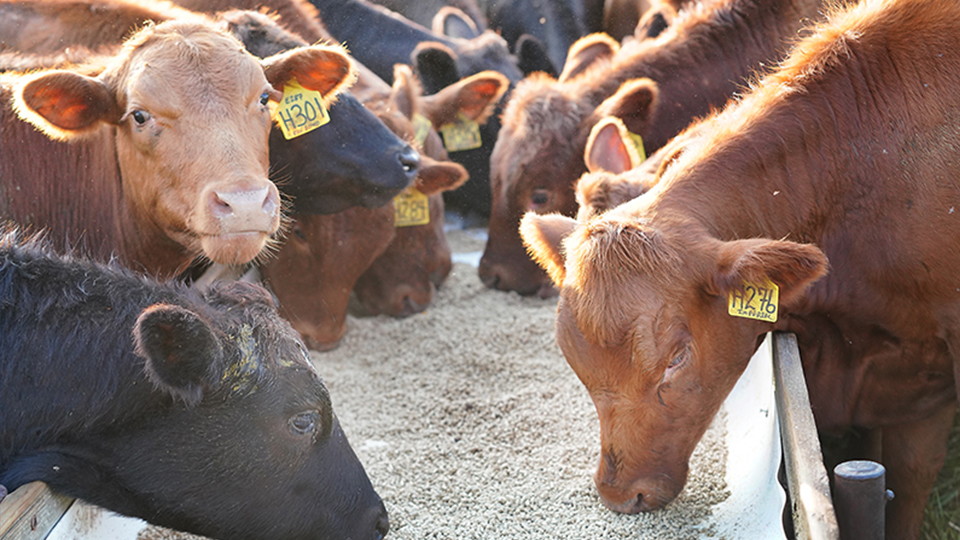Purdue lands $1.4M for cattle, swine research
Subscriber Benefit
As a subscriber you can listen to articles at work, in the car, or while you work out. Subscribe Now
The U.S. Department of Agriculture has awarded three grants totaling more than $1.4 million to Purdue University researchers. The funding will support several studies related to health issues in cattle and swine.
The grants come from the USDA’s National Institute of Food and Agriculture and are part of $13 million in investments for the institute’s Animal Nutrition, Growth and Lactation Program.
A six-year, $650,000 grant to Associate Professor of Animal Sciences Jon Schoonmaker will support the study of the dietary nontherapeutic antibiotics on intestinal microbial populations, the metabolites the microbes produce, and how the latter impact the intestinal health of cattle.
Purdue said this week that Schoonmaker has researched antibiotic alternatives and their effect on beef production and efficiency, though little remains known about it.
“This new USDA-funded project will allow me to dig more deeply into what makes current antibiotics so effective,” Schoonmaker said in written remarks. “It’s important because the use of nontherapeutic antibiotics in livestock nutrition contributes to antibiotic resistance. Livestock producers want to decrease this impact on human health but need effective replacements to continue efficient production.”
Additionally, Jonathan Pasternak and John Radcliffe in Purdue’s Department of Animal Science have received a $510,000 grant to study the nonpathogenic factors that influence thyroid hormones in pigs.
The study will examine the cause-and-effect relationship between hormone levels and growth and development.
“This is important because thyroid hormones are the master regulator of metabolic function,” said Pasternak. “Our previous work identified a significant correlation between the degree of thyroid suppression and key production parameters, including growth rate. Of course, correlation and causation are not the same thing, so a significant portion of the project is directed at understanding this fundamental relationship.”
Rafael Neves, an assistant professor in the Department of Veterinary Clinical Sciences has received a two-year, $300,000 grant to study the relationship of skeletal muscle metabolism with ketosis, a metabolic disorder that affects dairy cows shortly after giving birth.
Neves said ketosis causes between $110 million and $330 million in annual losses to the dairy industry.
You can learn more about all three projects from Purdue by clicking here.
